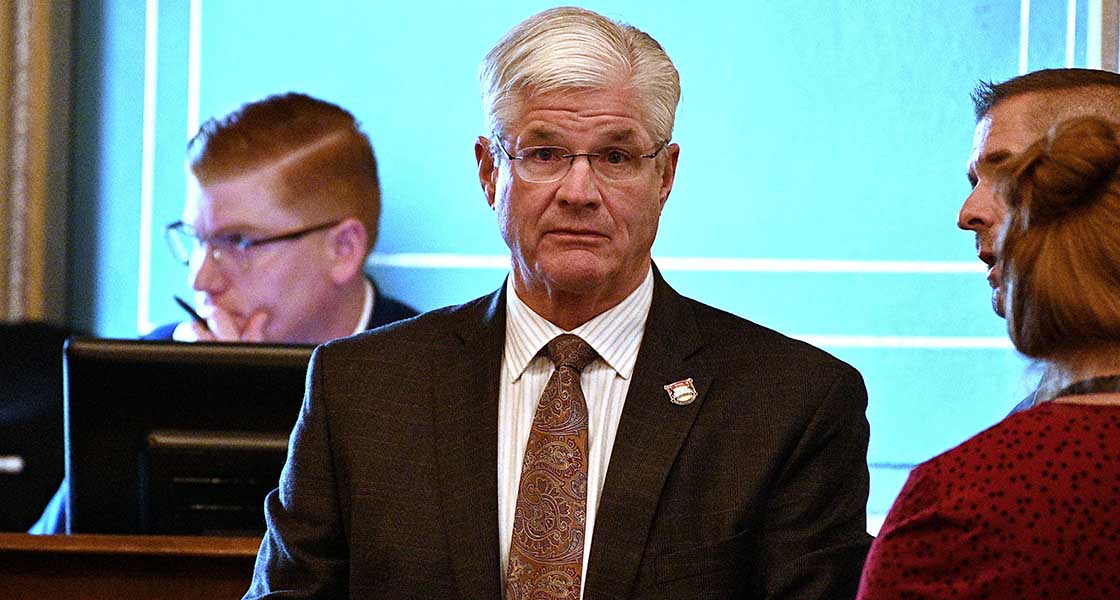Sports Betting Regulations
- Washington Dc Sports Betting Regulations
- Dc Sports Betting Regulations
- Legalize Sports Betting
- Sports Betting Regulations
The first Tennessee sports betting regulations are now available to the public. If nothing changes in the next 30 days, they represent the initial framework for legal sports betting in Tennessee.

The 47 pages are exhaustive for every aspect of the industry. As currently written, there are some things to compliment and criticize the Tennessee Lottery on. Here, we will address the basics and the elements that they seem to have gotten just right.
When available, a copy of the Adopted Rules implementing the Illinois Sports Wagering Act, 230 ILCS 45 will be on the Illinois General Assembly website. The following adopted rule (s) are effective but have not been published in the Illinois Register. June 4, 2020 - Permanent Sports Wagering Rules. Regulations REGULATIONS GOVERNING PRIVATE-OPERATOR SPORTS WAGERING Final rules implementing provisions of the Sports Wagering Lottery Amendment Act of 2018, effective May 3.
What’s in the Tennessee sports betting regulations
There are few surprises among the policies. Most of them govern procedures for license applications, tax payment, responsible gambling protocols and financial/technical requirements.
Licenses for operators will cost $750,000 per year. Legal Tennessee sportsbooks will pay a 20% tax on revenue to the state.
The regulations forbid prop bets on non-sport events and bets that are determined by the performance of one person or a single play within a game. Whether a kicker makes his first field goal in a football game would be an example of the latter.
Washington Dc Sports Betting Regulations
The policies also require sportsbooks to cooperate in investigations into possible cheating. That requires investigations by sports governing bodies at the discretion of the lottery.


The Tennessee Sports Betting Council puts the onus on sportsbook operators for self-exclusion programs. It also caps operators’ annual payout at 85%.
Financially, it authorizes the use of debit cards, EBTs, electronic transfers and winnings as forms of deposit. The same goes for withdrawals. The rules demand annual revenue reports from the sportsbooks as well.
Going further into the Tennessee regulations’ requirements
For the most part, all those financial and technical requirements mirror how operators in other states already do business. The same goes for license applications, renewals and collection of taxes.
Given the fact that up until now there has been no gambling in the state except for the Education Lottery, the regulations address the subject of problem gambling well. They require legal sportsbook operators to display information on how people with such issues can obtain assistance and require operators to provide frequent training for employees on the subject.
Dc Sports Betting Regulations
Like many other states that have legalized sports betting, the regulations make using local bookies or unlicensed operators expressly illegal.
The regulations also provide a long but specific list of convictions for crimes that make a person ineligible to place a bet.
Tennessee’s regulations on official league data
While some sections in the regulations could benefit from more specific language, there are times where more vague directives could be ideal. One example of an area where broad, subjective language is good is the regulation governing the use of “official” data. The regulation says:
“A Sports Gaming Operator must use Official League Data for live betting unless it can demonstrate to the Board that the governing body of a sport or other authorized entity can not provide a feed of Official League Data for live betting in accordance with commercially reasonable terms, as determined by the Board.”
Legalize Sports Betting
Live betting mostly refers to in-game prop bets. Betting on how many points the Tennessee Titans will score in the first half of a game would be an example.
A governing body of a sport, in that case, would be the NFL. Some leagues like the NFL contract with a third party to provide such data, as is noted in the regulation.
This regulation says that unless an operator (i.e. DraftKings, FanDuel, etc.) can demonstrate that the price of acquiring such data is exorbitant compared to competing services for the same product, those operators have to use the league-sanctioned data feed. The broad language comes in with the inclusion of “commercially reasonable terms.”
That language allows the board to address each issue an operator might present individually. Many factors can influence the cost of such data, so subjectivity is good here.
What happens now that the regulations are out?
The council has opened a public comment period. Any organization or person, whether currently located in the Volunteer State or not, may submit their thoughts for consideration.
There are a few areas in the regulations which would benefit from some clarification. These will be addressed in another article. Fortunately for the Tennessee Sports Betting Council, there is still time to make necessary adjustments.
Sports Betting Regulations
On Jan. 14, 2020, at noon local time, the council will meet again in Nashville. At that point, it could finalize the regulations.